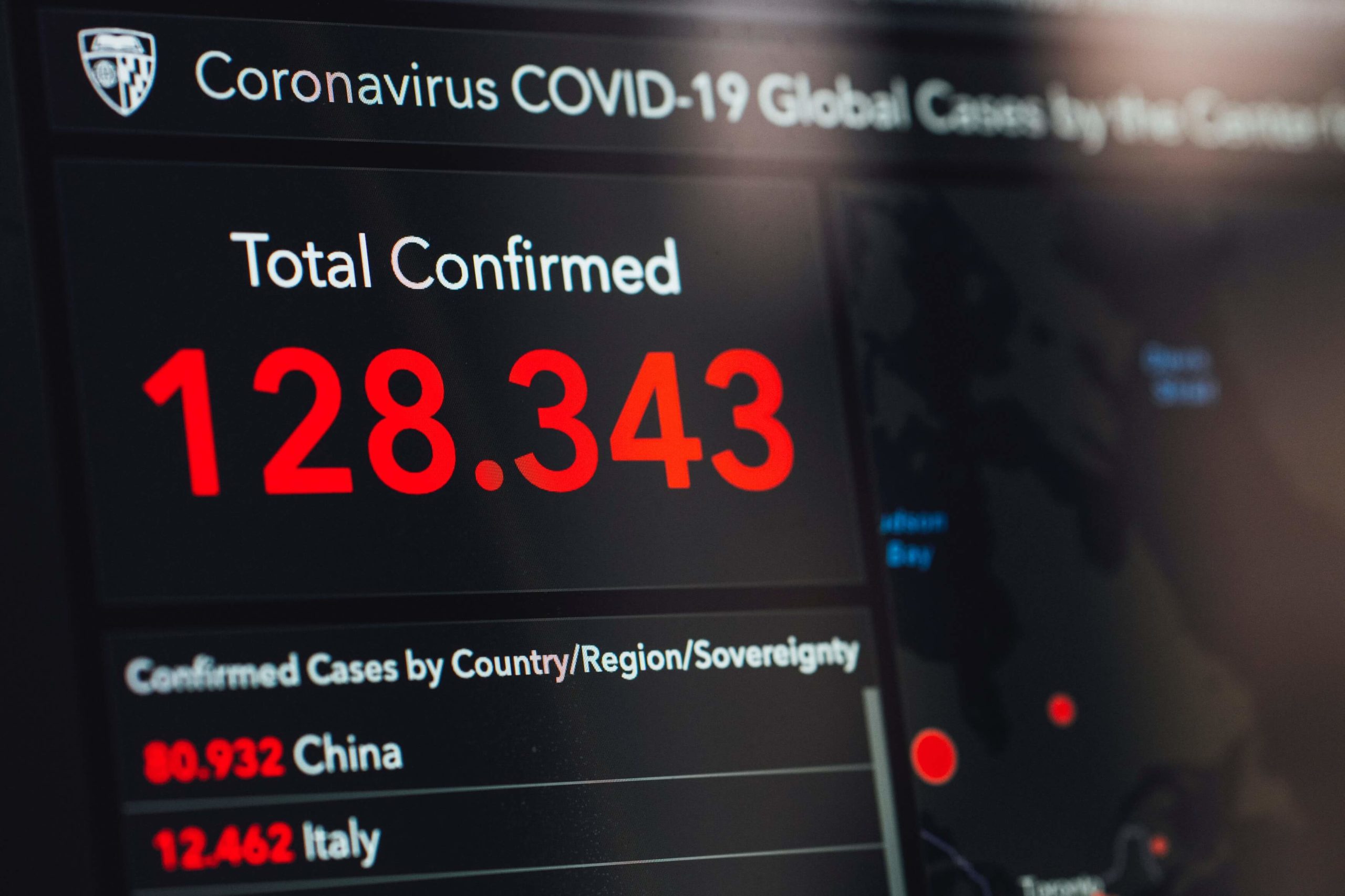Trusted information about coronavirus

This article is helps you find trusted information on coronavirus and avoid fake news.
Key Information Sources
NHS
https://www.nhs.uk/conditions/coronavirus-covid-19/
If you are a dialysis or transplant patient you should be receiving communications over the coming days and weeks from the NHS. They will be using your contact details on the GP systems so please make sure that these are up to date.
Government
All the latest government advice and guidance can be found here, including links to financial support from the government.
https://www.gov.uk/coronavirus
There is also a simple guide here;

https://www.gov.uk/foreign-travel-advice
WHO – The World Health Organisation
https://www.who.int/health-topics/coronavirus
Kidney Care UK
Kidney Care UK has written a complete guide for renal patients which you should read. We think it is excellent and covers in more depth many of the nationally applicable issues discussed in this article.
https://www.kidneycareuk.org/news-and-campaigns/coronavirus-advice/
BBC
This video is an excellent overview answering many common questions
https://www.bbc.co.uk/iplayer/episodes/m000h05c/coronavirus-what-you-need-to-know
This article contains useful information about what you should do in the current coronavirus epidemic.
https://www.bbc.co.uk/news/health-51711227
Fake news

There are by many stories floating around the Internet and social media about the coronavirus, it’s origins, cures and claims. According to company Newsguard UK, over the previous few weeks to March, engagements with trusted sources amounted to 34,000 and fake news site amassed 52 million! Always use trusted sources to get your understanding of the latest news and information about the virus. Trusted sources are provided above.
Here is a BBC news night report from the 5th March 2020 on coronavirus fake news:
https://www.bbc.co.uk/programmes/p085qv2x
How to spot fake news.
There are many reasons why fake news is created. Some may be innocent individuals trying to help and others have more malign motives. It is not always easy to spot fake news but:
- The message will often contain an element of truth and the rest appeals to our fears or emotional biases.
- The source of the information is obscure, vague or missing. For example – My cousin, a doctor. Or officials in Canada say. (with no official links back)
- Does the post make you react emotionally? Misinformation relies on getting a strong emotional response.
- Be sceptical. Try to check where the story came from and check that source.
Avoid spreading it.
In general, don’t forward information about the coronavirus unless from a trusted source. This doesn’t mean your best friend – unless they are an epidemiologist or virologist!
Don’t forward on messages by copy/pasting the content. This loses evidence of the source of the information and makes it look like you originated the post. If your friends believe that it was written by you this may lead them to trust the post without looking critically at the content.
Three questions to ask before you share
- Does the source of the information seem vague or seem to be from a friend of a friend you can’t trace? Get to the bottom of where the story came from – or don’t share it. Just because you were sent it by somebody you trust, doesn’t mean they received the information from someone they actually know.
- Does all of the information seem true? When there are long lists, it’s easy to believe everything in them just because one kernel of advice is correct – that might be the case.
- Does the content make you emotional – happy, angry or scared? Misinformation goes viral because it plays on our emotions, so that’s a sign that it might not be true. Again, dig a bit deeper. Scientific breakthroughs, prevention advice or public announcements will come from reputable sources.
Sources: Full Fact, Snopes, BBC Monitoring
The BBC article these questions come from, help provide an insight to the spread of a fake news story on the coronavirus and how to combat it.




